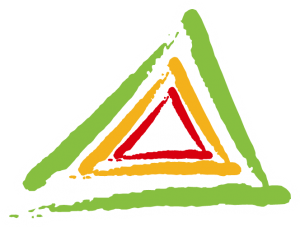Social, emotional and behavioral learning (SEBL) is the systematic process of fostering social and emotional skills among students and adults in order to create safe and supportive environments with positive behavioral and mental health outcomes for all.
Why is SEBL Essential?
It is important for schools to have supportive staff environments and build capacity among adults to promote students’ social, emotional and behavioral well-being. Students experience academic, social, emotional and behavioral success when schools use data to build inclusive and equitable core social, emotional and behavioral practices, develop prevention activities and implement high-quality interventions to meet students’ needs. When implemented systematically, SEBL integration becomes sustainable within the everyday environment and produces benefits across all settings.
benefits
Implementation and Support
The Pyramid Model and Nebraska Positive Behavioral Interventions and Supports (NPBIS) offer effective pathways to build safe and supportive environments that promote social and emotional well-being. These frameworks aim to improve outcomes for the whole child, while ensuring each person has the tools they need to successfully navigate the expectations of school and life.


SEBL Specialists
Within NeMTSS, the social, emotional and behavioral learning (SEBL) specialists at the Nebraska Center for Research on Children, Youth, Families and Schools (CYFS) provide evidence-based professional development and implementation support to build educators’ capacity to practice, teach and model SEBL among adults and students to improve school climate, culture and learning.
The NeMTSS Regional Support teams work statewide across five regions. If you have questions, please contact your region’s SEBL specialist.
